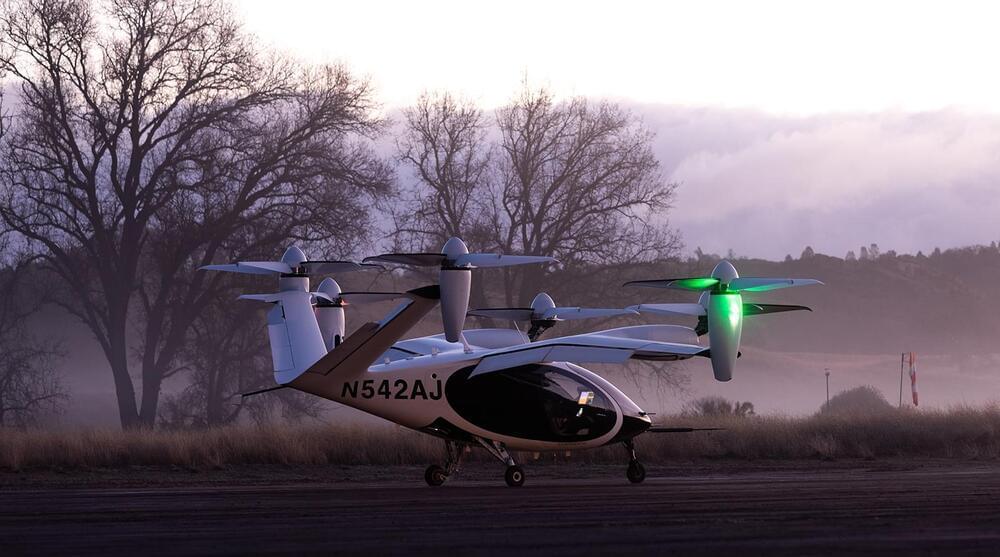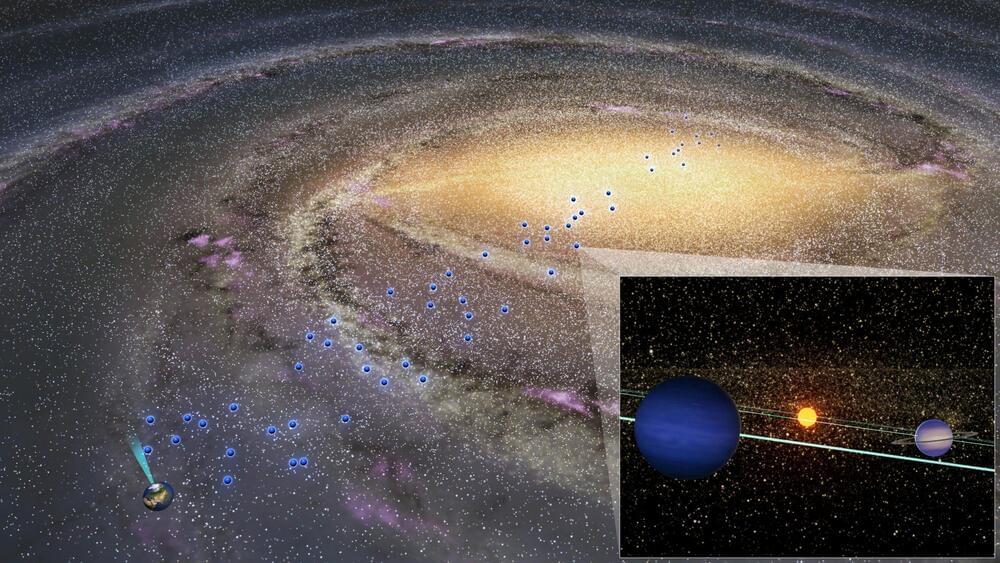NASA just took an important step toward making flying taxis a practical reality. The agency has started flight testing with Joby Aviation’s electric VTOL aircraft to help model and simulate future airspace with these taxis in service. The dry run began quietly, on August 30th, and will last through September 10th. The effort will include noise check using 50 microphones to gauge the “acoustic profile” of the air taxi throughout the course of a given flight.
This is the first eVTOL test as part of an Advanced Air Mobility campaign meant to spot gaps in the Federal Aviation Administration’s rules and ensure the agency is ready for commercial use of flying taxis alongside delivery drones and other unconventional aircraft. The data from the flight program will help with a fuller set of campaign tests in 2022 involving both other taxis and more complicated flight situations.
The overall program could better prepare the US for a glut of low-altitude air traffic if and when flying taxis enter widespread use. The early testing is also a minor coup for Joby. It’s ushering in crucial testing not long after buying Uber’s air taxi business and taking a $394 million investment from Toyota. There’s no telling if Joby will continue to play a prominent role, but this is clearly the kind of collaboration it was hoping for.








